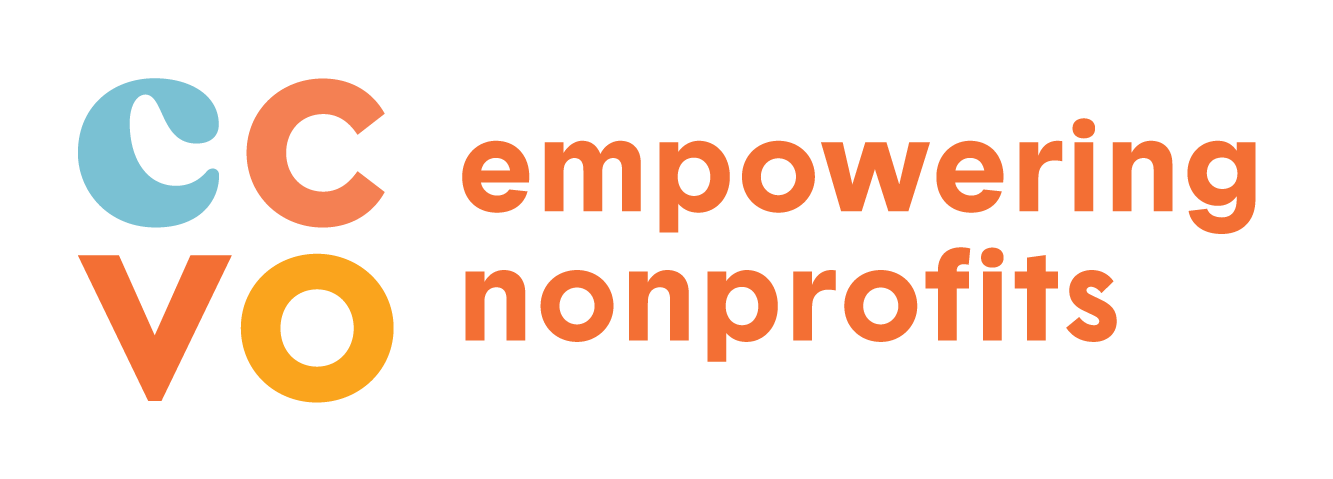Not All Nonprofits Benefit from Provincial Support During COVID-19
By Marokh Yousifshahi, CCVO Policy Analyst
The COVID-19 pandemic has made it clear that support from all levels of government is critical for many sectors and industries across the country. It is also clear that nonprofits and charities comprise a creative, innovative, and resilient sector in our communities. CCVO is pleased with the recognition the nonprofit and charitable sector has received from all government during the pandemic. Along with this recognition, the sector has also received some significant support. For instance, on May 12, the Government of Alberta announced plans to reallocate funds from the Community Initiatives Program (CIP) Project-Based grant to the CIP Operating grant.
What does this entail?
The CIP Project-Based grant stream provides nonprofit organizations with funds for projects that enhance and enrich communities in Alberta, while the CIP Operating grant provides support for core operations and capacity building for nonprofit organizations that address social issues.
The reallocation of funds from the CIP Project-Based grant stream to the CIP Operating grant is a one-time intake that prioritizes nonprofits and charities who focus on food security, shelter and housing, and addictions and mental health supports, and allows them to maintain their core operations and provide services during the COVID-19 pandemic. The program will provide $8 million in funding where organizations can request grants up to $75,000, which is an increase from the previous $60,000. The province is combining the spring and fall applications into one application in June.
Balance required to include all nonprofits and charities
This is a welcomed initiative from the province, as it helps nonprofits such as the Airdrie Food Bank, and other organizations that serve vulnerable populations, addressing issues such as food security and mental health. But it is important to acknowledge that this funding, which is very much directed toward vulnerable populations, has left out others who are experiencing similar challenges. Organizations eligible for this new funding have also previously qualified for the $30 million funding announced in March, along with other funding initiatives.
Nonprofits such as community organizations, immigrant organizations, recreational facilities, social programs, and those that represent marginalized communities, are falling through the cracks; they have not yet been included in crisis funding opportunities. Although there are programs in place – such as the Canada Emergency Wage Subsidy and various bank loans (which not all nonprofits have access to) – these programs do not address the medium- to long-term financial challenges facing the sector. They will not be sufficient to prevent some nonprofits and charities in the province from permanently closing their doors. Those organizations who have the ability to remain open will likely look different, as they will have a severely reduced capacity due to social distancing restrictions and in some cases reduced revenue from programs and services. This negatively impacts the communities we live in and the people who rely on these organizations.
The recent provincial initiative, although welcome, is not sufficient for a number of nonprofits and charities to recover from the crisis. Supports for other subsectors should be considered and CCVO encourages the provincial government to look at other groups outside of the subsectors who are currently supported. More efforts are needed from the province to support the sector, as community organizations and a strong civil society will be crucial in helping Albertans recover from the pandemic.
We strongly encourage all orders of government – and especially the provincial government – to consider the broad nonprofit and charitable sector as we anticipate the transition from response to recovery.

